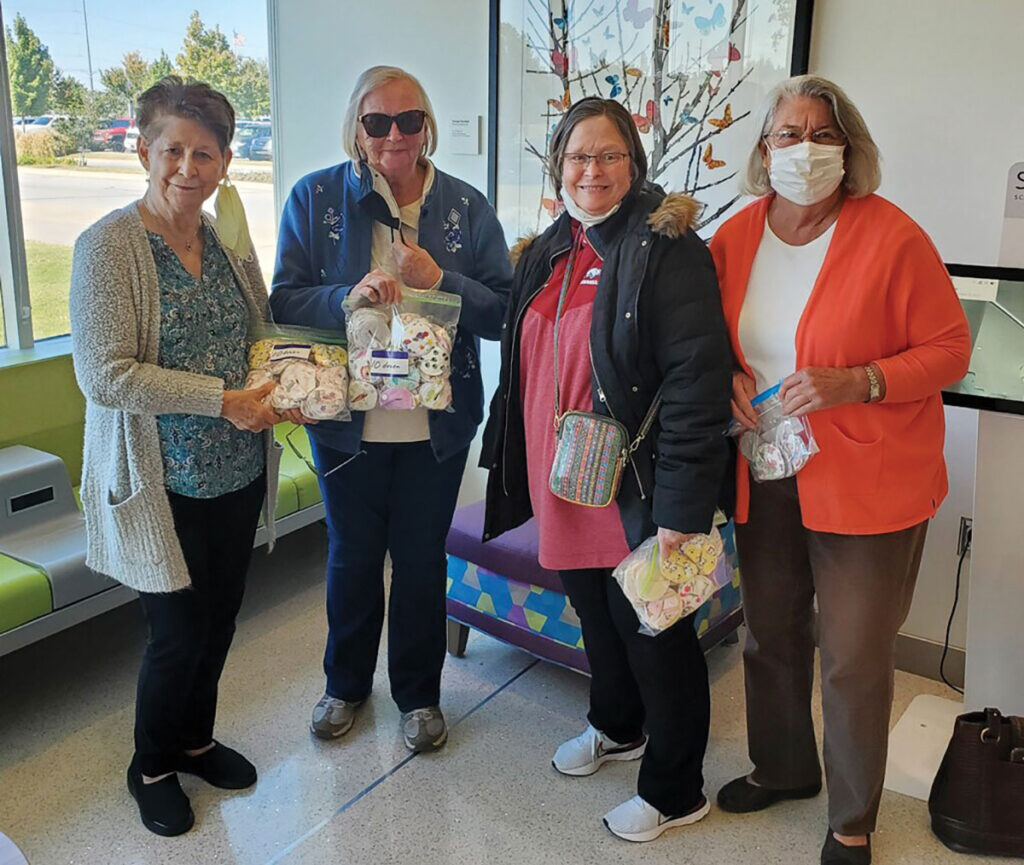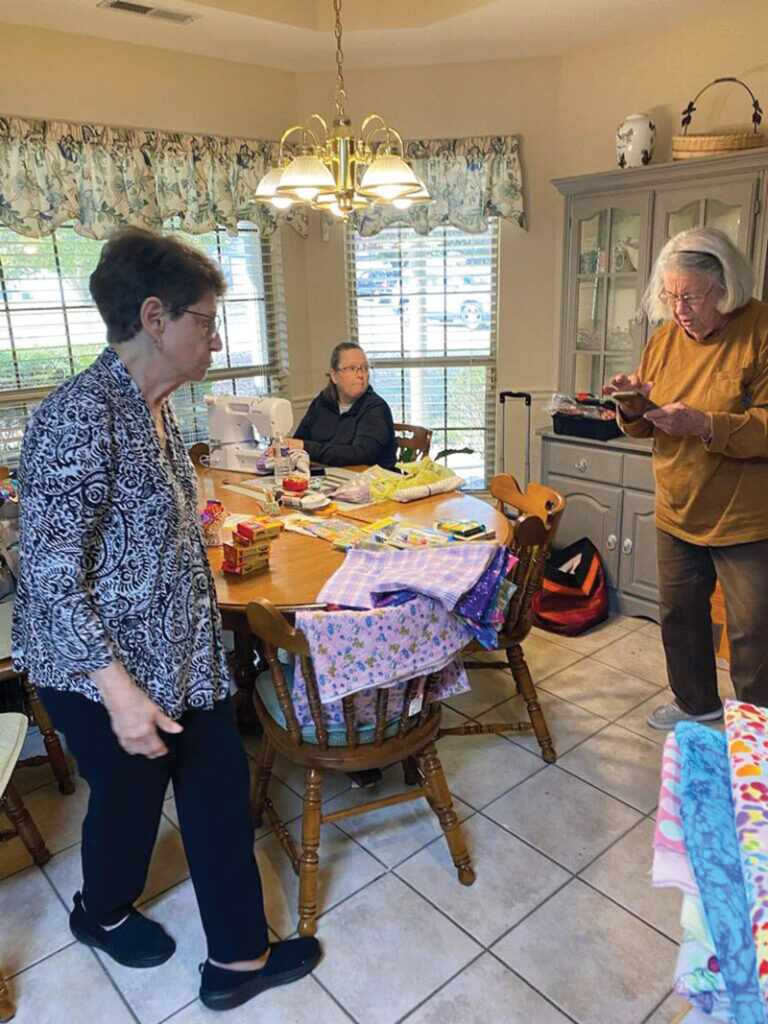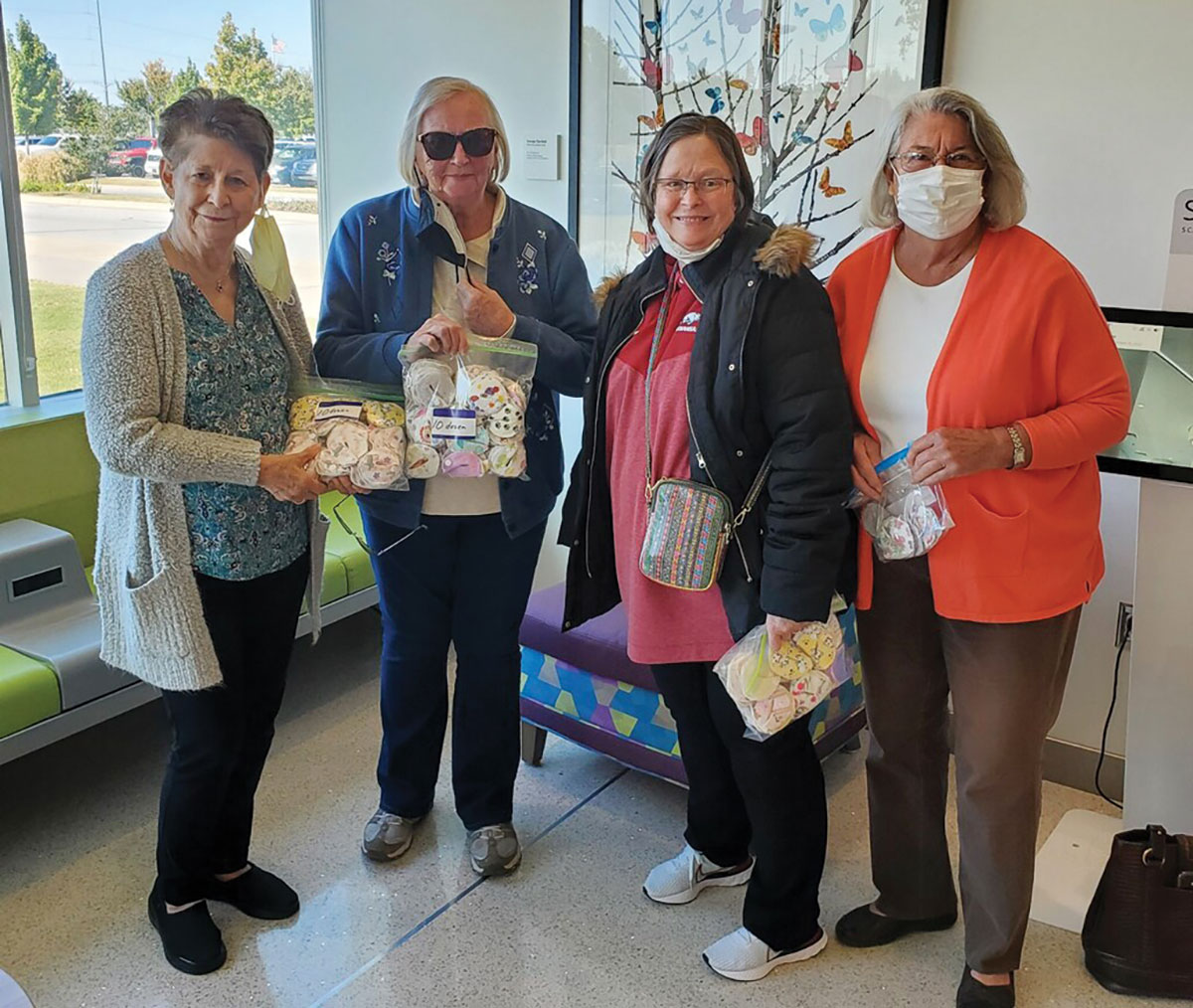
EHC organizations began as Tomato Clubs in 1912
Home Demonstration Clubs, also known as Homemaker Clubs, have been part of rural America since 1898 when women in Illinois suggested the local farm club provide “special subjects” for the wives and daughters of the farmers attending the organization’s meetings.
In 1912, the first Tomato Clubs began to take hold. These clubs focused on teaching rural women how to can fresh foods growing in their gardens. These women-led organizations were an integral part of the Progressive Era movement.
In 1914, the Smith-Lever Act made national funds available for agricultural and home economics education. The act established the Cooperative Extension Service, which was connected to land-grant universities. The act made home instruction available to everyone and provided legal and financial backing for home demonstration agents. Home demonstration agents collaborated with homemakers on various topics, including finances, food preparation, canning, child-rearing, social awareness, health, handcrafts, sewing and leadership. The demonstration agents were tasked to gather information on these topics and publish it through the Extension division for future use.

In 1932, during the Great Depression, the economy weakened; banks were failing, farms were in foreclosure, unemployment was high, and food insecurity was a reality for most Americans. Home demonstration clubs were in danger of being phased out; however, agents continued to work with local communities and clubs. It was essential to teach people how to get by with every available resource, and interest in club activities continued to rise. World War II was responsible for the largest uptick in the clubs and their memberships. There were as many as 64,863 members in Arkansans alone. Every club in the United States actively supported the war effort, focusing on preserving food, sewing clothing, and making bedding for the troops.
Today, Home Demonstration Clubs are known as Extension Homemaker Clubs (EHC); they are still under the direction of the state Cooperative Extension Service. Every club has a county agent who helps coordinate local, county, state, and national activities. Today’s theme continues the original creed “to empower individuals and families to improve their quality of living through continuing education, leadership development, and community service.”
Arkansas has a statewide membership of 3,200 people from 320 clubs representing 75 counties today. Elkins Extension Homemakers Club, one of the smallest clubs, just celebrated its 75th anniversary. Initially chartered in 1926 as the Sunshine Club, it was reorganized in 1948 as the Elkins EHC. In the past, this club had a large membership, but today, there are only five members: Terri White, president; Ann Sturgeon-secretary; Ruth Cordell, treasurer; Barbara King and Norma Long.
The act of altruism is a key component of EHC; to be concerned for the well-being and happiness of others is the goal. Even though this club is small, it is doing great things. “We are always trying to find places for us to volunteer and to recruit new members; we do a lot of stuff for our community,” Terri White, president of the club since 2016, said. Volunteering has always been an EHC mission. The Elkins chapter works with other Washington County chapters to raise scholarship money for 4-H students. The Elkins chapter manages the photography exhibits at the Washington County Fair. They have sewn bedding for the cots in the Pre-K at Elkins Elementary and made G-tube covers for children with gastric tubes.
“Currently, we are working on gift bags for children in need at the Samaritan House in Springdale, Ark. We volunteer our own time and our own money to help someone else,” Terri stated. “This may be the only gift these children get on Christmas.
“Since there are few farms and farm families anymore, it is getting harder to reach new members. We need to be able to recruit more people so these types of programs don’t go away. It is a lot of fun. We craft, talk, and have a good time; everyone is invited to join. If you have an EHC in your area, you should try it.”







